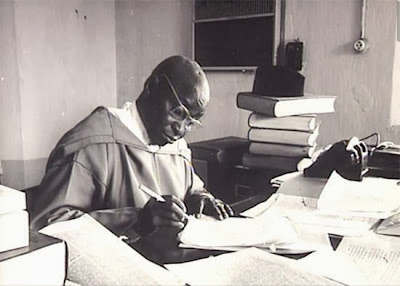-
“According to tradition, the life of a normal man is composed of two great phases: one ascending
to sixty-three years of age, the other descending to one hundred and twenty-six years of age.
Each of these phases is made up of three large segments of twenty-one years comprising three
periods of seven years. Each segment of twenty-one years defines a degree in initiation, and
each period of seven years marks a threshold in the evolution of the human person.Thus, for example, in the first seven years of existence, during which the person-in-formation
requires the utmost possible care, a child will remain closely connected to his mother on whom
he depends for all aspects of his life. From seven years to fourteen years, he faces the milieu
around him and is influenced by it, but every day he feels the need to refer back to his mother
who remains his point of reference.From fourteen to twenty-one years of age he attends the school of life and studies with its masters, and moves gradually away from the influence of his
mother.
The age of twenty-one marks a very important threshold, since it is the age for ritual
circumcision and initiation into the ceremonies of the gods.During the second twenty-one years of his life, a man will mature the teachings that he received during the previous period.
Throughout that time, he is expected to be on the lookout for wise men, and if it should happen
that one of them grants him a word, it is as a favor or a test and not because he has a right to it.At forty-three years of age, on the other hand, he is supposed to have reached maturity, for all
intents and purposes, and to figure among the masters. Having the right to speak, he uses it to
teach others that which he has learned and matured during the two first periods of his life.Finally, at sixty-three years of age, the great ascending phase ends. He is regarded as having
completed his active life and is no longer constrained by any obligation to continue to teach. He
is not prevented from doing so however, if this is his calling or his capability.”Amadou Hampaté BA



